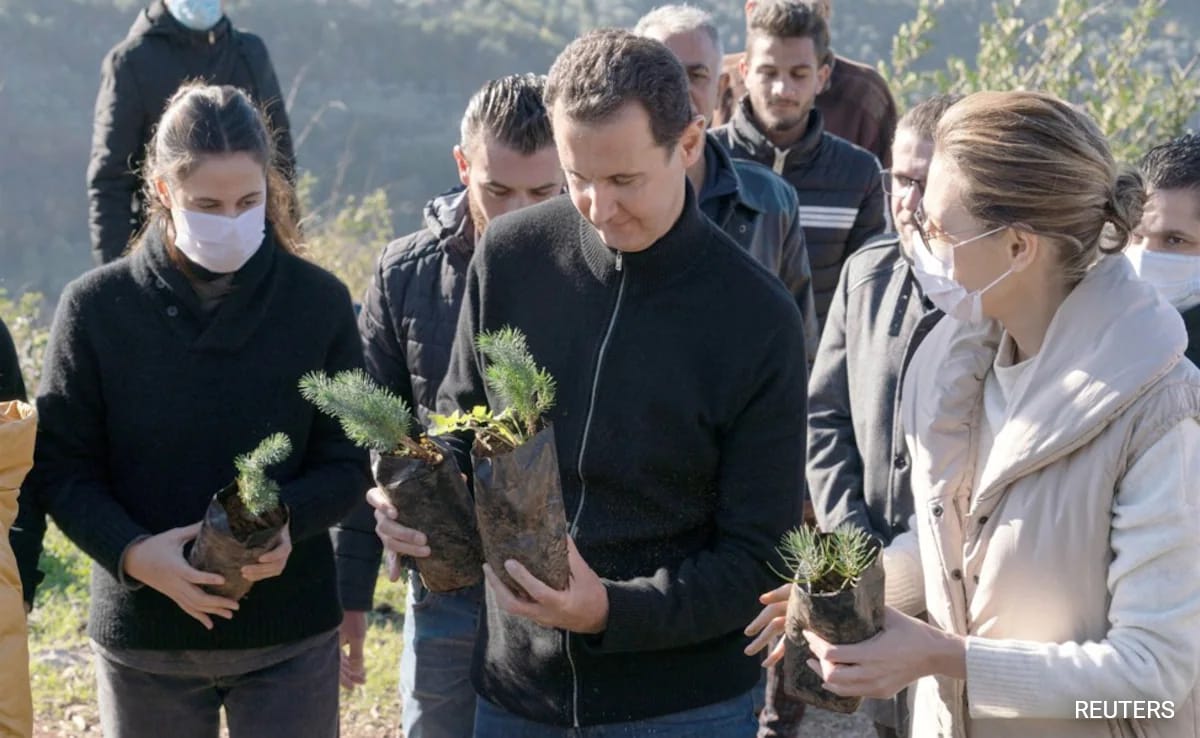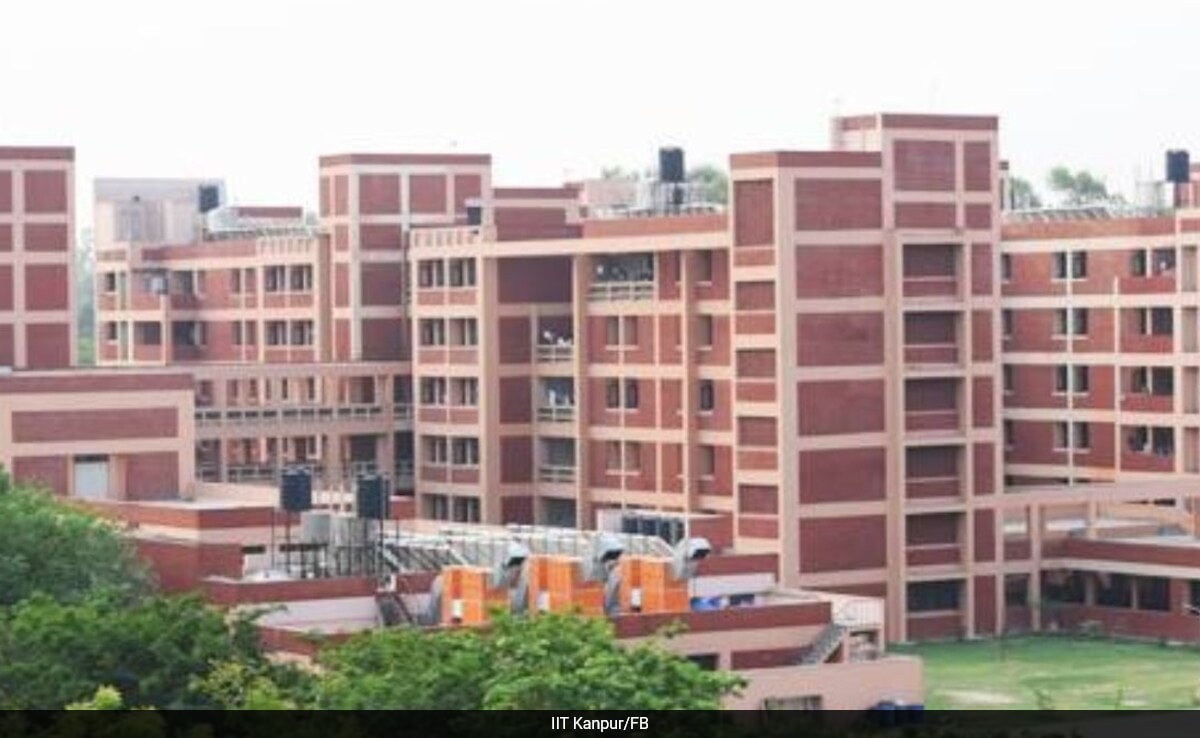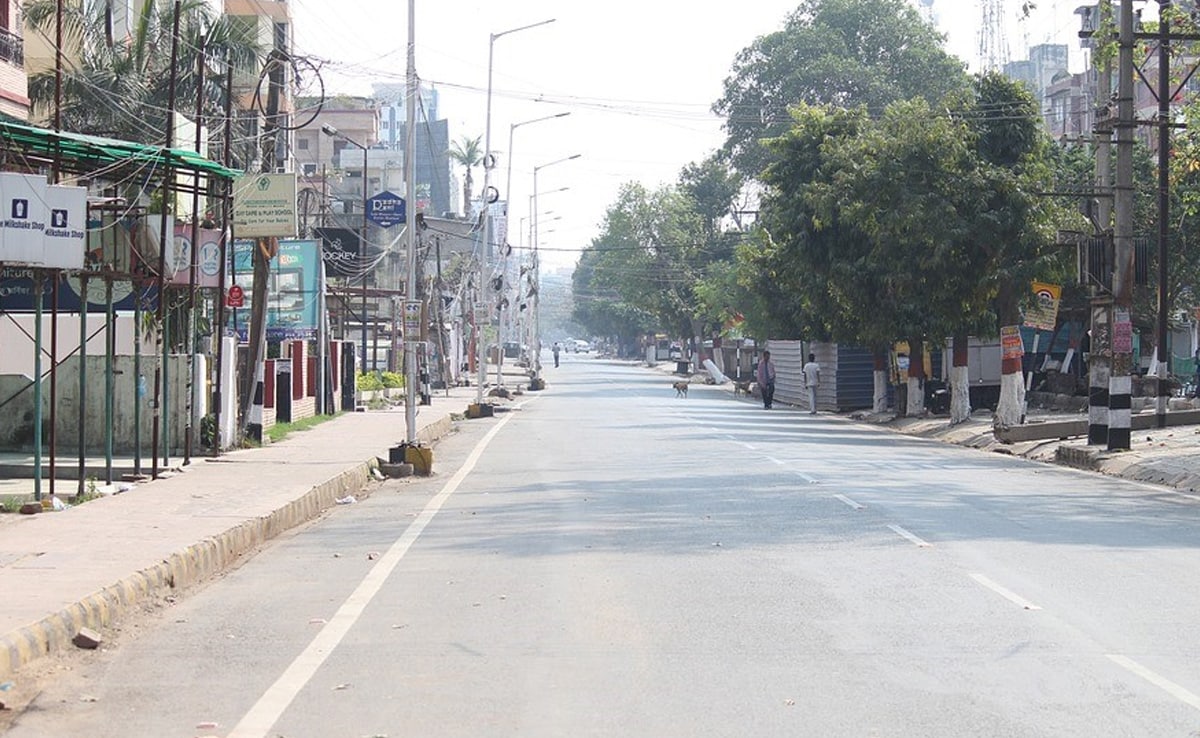Vice President Jagdeep Dhankhar on Sunday said India has been treated “most unfairly” by some global entities because they have not delved deep into its performance, even as he urged them to take note of the “big change in governance” in the country.
His remarks made during his address at an event here marking the Human Rights Day come against the backdrop of India ranking 111th out of 125 countries in the Global Hunger Index-2023 released in October.
“It pains me sometimes when those who need to… become critics, chronic critics. Something has to be done in this aspect. I say with pain, we need to be alive to pernicious narratives and external calibrations that turn Nelson’s eye to our exemplary performance,” Mr Dhankhar said.
The vice president said he was startled that in a country of a size of 1.4 billion, “people pick up to speak of hunger crisis”.
“Don’t they realise, since April 2020, more than 800 million people are being given free food. That is the strength of this country,” he said.
“And, some people have the audacity to get away from ground realities, distance themselves from facts, and talk of hunger index of this country. They need to revisit their approach which is irrational and if I may say, prejudicial to those engaged in shaping the course of humanity,” Mr Dhankhar said, without naming any organisation.
The vice president expressed concern over “pernicious narratives and external calibrations” by those gauging India’s progress, sitting in air-conditioned and closed chambers, detached from the “index of hope, optimism, and confidence” that has been fostered by government policies.
“We have been treated most unfairly by certain entities because they have not delved deep into our performance. Scratching the surface is not appropriate on such aspects,” Mr Dhankhar said.
In his address at the National Human Rights Commission (NHRC) event held at Bharat Mandapam, he also underlined that the “greatest danger” to human rights emanates from corruption, and that corruption has been “neutralised in power corridors”.
“Corruption and human rights cannot co-exist,” he asserted.
In his address, he also said no part of the globe is so “blossoming, prospering with human rights as our country is doing”.
“And, why not, our civilisational ethos, constitutional framework, reflect our deep commitment to respecting, safeguarding and nurturing human rights. It is in our DNA,” the vice president said.
The occasion also marked the 75th anniversary of the Universal Declaration of Human Rights (UDHR). UN Resident Coordinator in India Shombi Sharp was also present at the event. Sharp, in his address, also read out the message of UN Secretary-General Antonio Guterres to the audience.
“A coincidence, this (75th anniversary of UDHR) just follows our ‘Amrit Kaal’, and our ‘Amrit Kaal’ has become our ‘Gaurav Kaal’ primarily due to the blossoming of human rights and values,” Mr Dhankhar said.
“We had an occasion to get a message from the (UN) Secretary-General. It would have been appropriate and worthwhile to take note of the massive, revolutionary affirmative changes that are taking place in Bharat, home to one-sixth of humanity, on the promotion of human rights,” he said.
The vice president said “we are now role model to the world in nurturing human rights. Our commitment to human rights is firmly anchored in our robust system we have in Legislature, Judiciary and Executive”.
Asserting that nurturing human rights is the “cornerstone of democracy”, Mr Dhankhar said there is “wholesome convergence in our country of all the organs of the State — Legislature, Judiciary, and Executive”. “We must be proud of the evolution of an ecosystem where human rights flourish now as never before,” he said.
The vice president also spoke of the help extended by India during COVID-19 when it gave anti-Covid vaccine to 100 countries.
“There needs to be global reflection, recognition of this, particularly by global entities that are engaged in assessing these things,” Mr Dhankhar added.
In his address, he also mentioned about freebie politics, and emphasised that human rights are spinally strengthened when there is “human empowerment in sharp contradiction to fiscal patronage”.
Politics of so-called freebies distort expenditure priorities, Mr Dhankhar said and asserted that the need was to “empower not pockets but human minds”.
“Empowerment of pockets by fiscal grant only increases dependence. The politics of so-called freebies for which we see a mad race distort expenditure priorities. Freebies, as per economic giants, undercut the basic framework of macroeconomic stability,” he said.
There needs to be a “healthy national debate” on how expensive this fiscal patronage is for the economy, life quality and social cohesion in the long run, Mr Dhankhar added.
“I would greatly appreciate it if the National Human Rights Commission… catalysing a debate, coming out with a paper that can be extremely informative, motivational and inspirational for people at large, and those who are in seats of governance can be enlightened that we need to empower not pockets but human minds, human resource,” he said.
In his address, Mr Dhankhar also said “no one is above the law, be you ever so high, the law is always above you, is the new norm in the country. A peak paradigm shift”. He also said corruption creates an environment where exploitation and discrimination can thrive, hitting the vulnerable and the weakest the hardest.
“Corruption and human rights cannot co-exist. The bane of corruption in India for long is now contained…corruption has been neutralised in power corridors. This is a very big change in governance. I will appreciate global entities to take note of it,” he added.
In his address, Mr Dhankhar also spoke of the “massive infrastructural growth in the country” saying it was quintessential to proliferation and empowerment of human rights.














